The last few years have been significant for South Asia, with fundamental political and economic transitions in several of the countries. Bangladesh opted for an interim government, followed by the election of a democratic government. Pakistan saw the assassination of a former Prime Minister, followed by peaceful elections and perhaps, hope for stability. Nepal went through substantial change, with the Maoists initially in power and subsequently, opting out of the government. In contrast, elections in Bhutan have brought a smooth transition to democracy. On the other hand, economic issues have dominated India in recent times, including aggressive responses to the global slowdown, fiscal expansion and an early return to growth from the downturn.
In an attempt to capture these changes in South Asia, this publication falls into two parts. The first deals with political issues in the countries that have witnessed the most change and turbulence, while the second part deals with economic issues that have been of concern to all the South Asian Countries, and to India in particular.
In summary, this publication is an eclectic mix that covers a spectrum of current issues in South Asia. It is a melting pot of politics and change, of reforms and stagnation, and of growth and disparity. It also brings together a varied range of experiences across the South Asian region. Most importantly, the publication reflects the dynamism of the region and the fast pace of change in politics as well as in economic policy. The book has been titled 'South Asia: Societies in Political and Economic Transition' to reflect this dynamism.

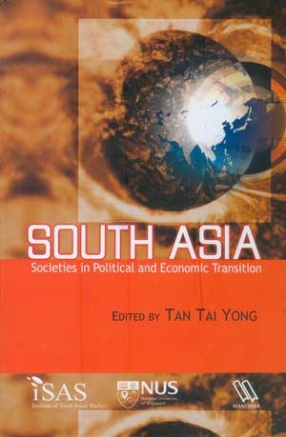
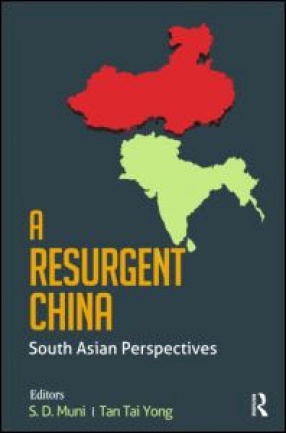
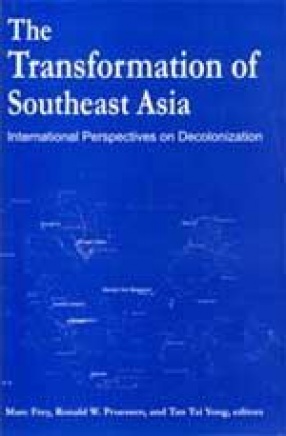
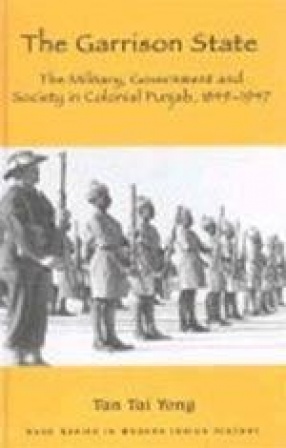
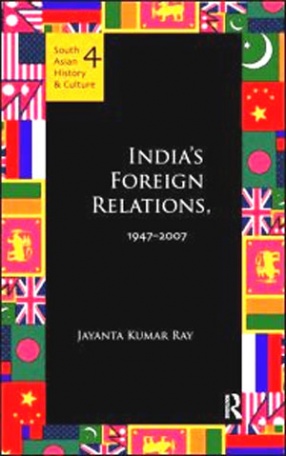
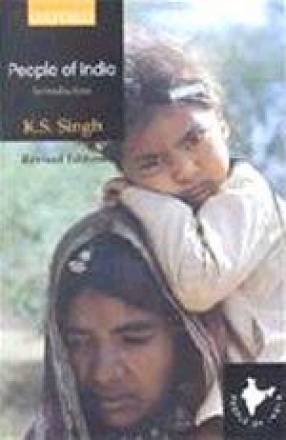
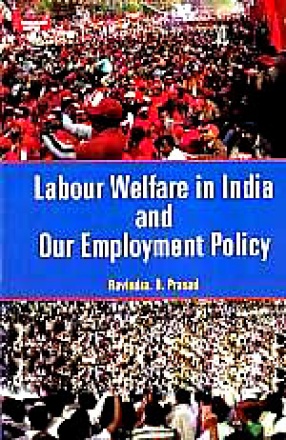
There are no reviews yet.